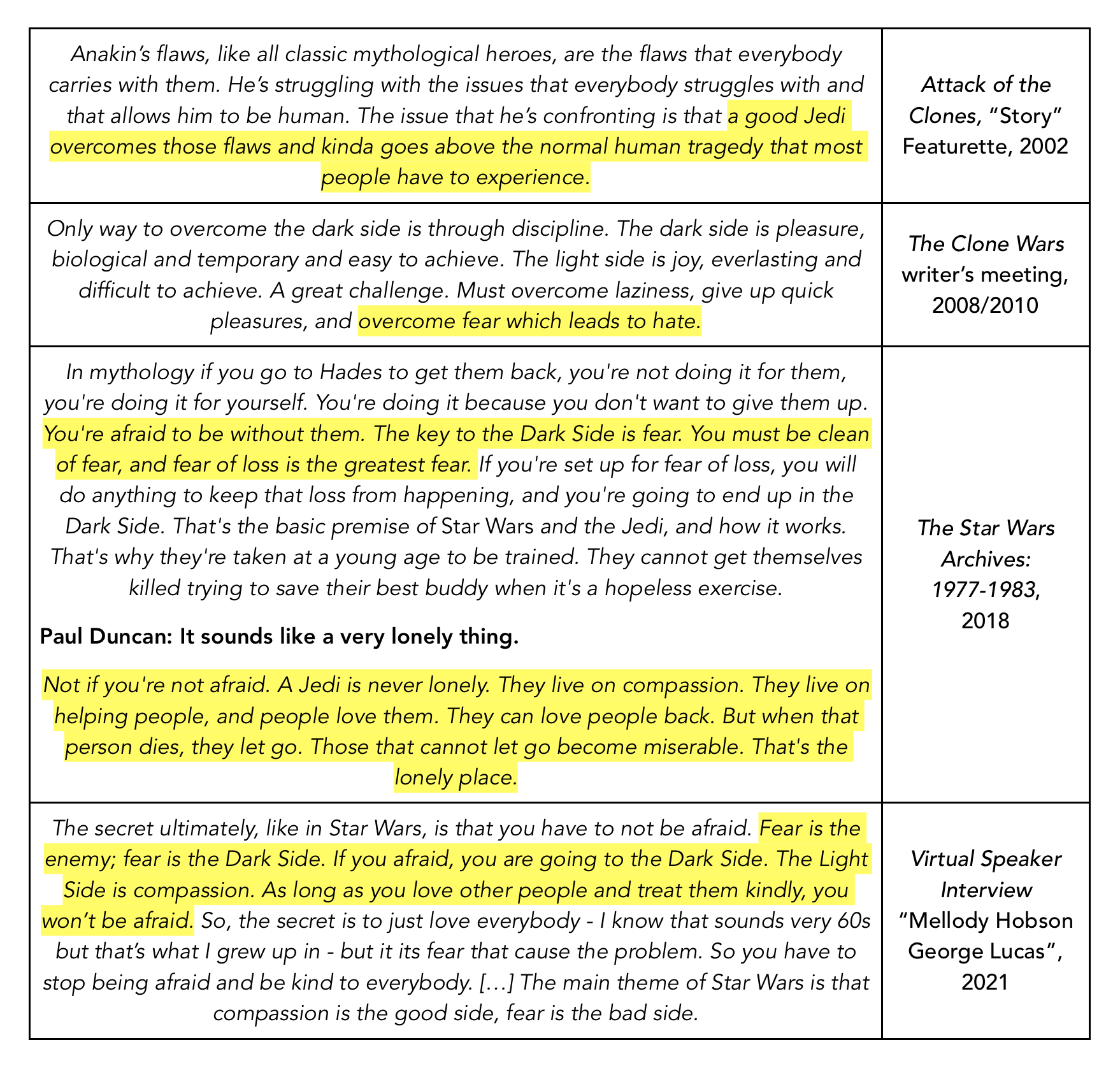Vladius said:
G&G-Fan said:
Channel72 said:
NFBisms said:
Grand Admiral Thrawn said:
PLEASE, you, and EVERYONE, if you haven’t already, embrace, love and worship the One True Only God YHWH Jehovah, Only One Jesus Christ His Only Begotten Son and Lord and Savior of our souls and the Only One Holy Spirit. God is good. God is love. Jesus is Lord! Jesus IS coming. Your soul depends on it!
I have seen God act in my life. He saved my soul, changed my heart, changed my mind, helped people through me, took care of people in my life, people I hurt before I found God. God is the only reason I was able to reconcile with my dad before he died.
God worked through Jesus Christ to save our souls. Jesus Christ died on the cross for our sins. Believe in your heart and confess with your mouth the Lord Jesus, and that God raised Him from the dead and you will be saved. Be baptized in The Holy Spirit, and if He wills, water as well. Repent of your sins, accept God, Jesus Christ and the Holy Spirit into your heart, that Jesus Christ died on the cross for your sins.
For God so loved the world that He gave His only Begotten Son Jesus Christ, that all who believe on Him shall not perish but have eternal life. Jesus Christ is The Way, The Truth and The Life. No one comes to the Father Jehovah God but through Him.
Not long after I got saved I prayed to God for help understanding the Holy Bible, and that same day someone knocked on my door asking me if I wanted to understand the Bible. I have had times where I was thinking about Holy Bible quotes and have stumbled across them flipping through The Holy Bible at random the same/next day and prayed to God for His joy to grant me comfort in hard times and felt it blessed upon me, and God’s blessings of peace that have taken away a lot of my anger. God is here for you if you let Him guide you.
The Holy Bible says, “love thy enemy”, “turn the other cheek”, “If your enemy is hungry, feed him”, “if he is thirsty, give him a drink”, “pray for those who persecute you”, “do not repay evil for evil”.
LORD willing, all humans may commit sin of almost every kind (gay, straight), and that’s wrong, and all humans sin, as God tells us through the The Holy Bible, “for all have sinned and fall short of the glory of God, and all are justified freely by His grace through the redemption that came by Christ Jesus.” The Holy Bible also says, “If we confess our sins, He is faithful and just and will forgive us our sins and purify us from all unrighteousness.”, “Be kind to one another, tenderhearted, forgiving one another, as God in Christ forgave you.” and, “For if you forgive others their trespasses, your heavenly Father will also forgive you, but if you do not forgive others their trespasses, neither will your Father forgive your trespasses."
